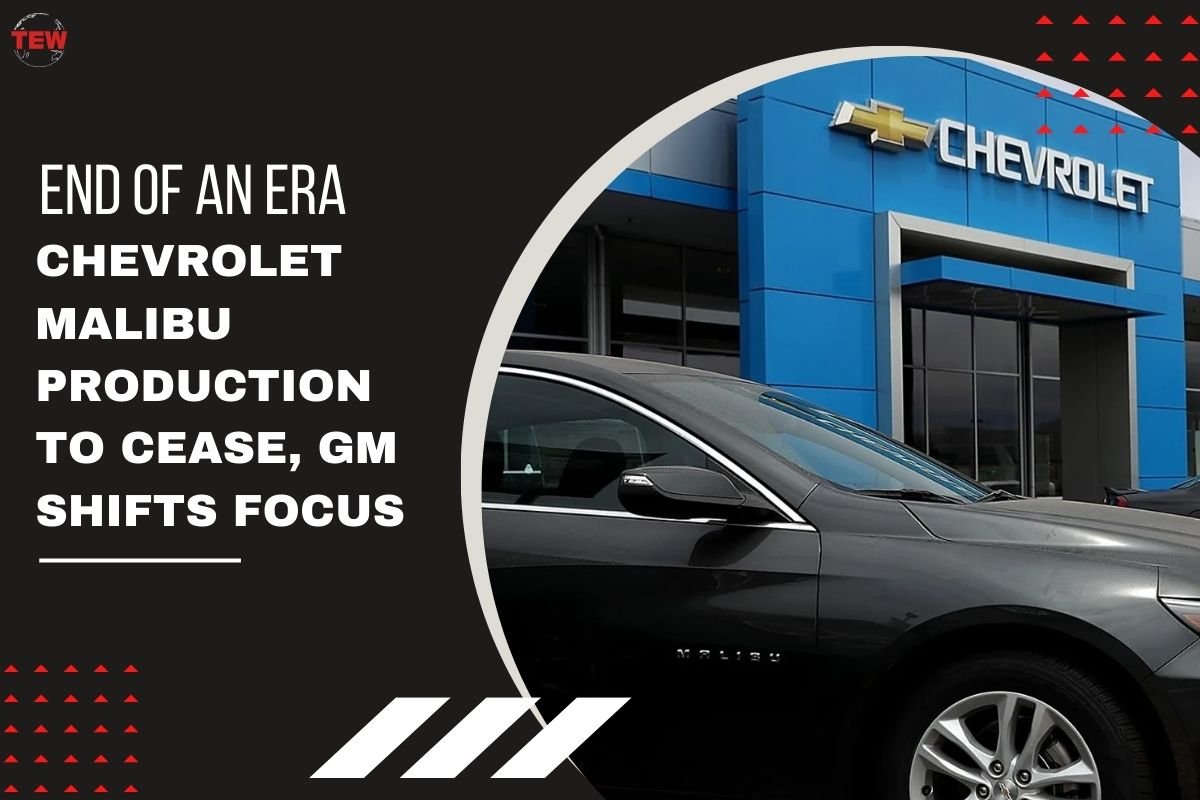(Source – Straight Arrow News)
General Motors, the automotive behemoth, has announced the cessation of Chevrolet Malibu production, marking the end of an illustrious chapter in the company’s history. The Malibu, the sole remaining sedan under GM’s flagship Chevrolet brand, will roll off the assembly line for the final time in November, as the Fairfax Assembly Plant in Kansas City, Kansas, undergoes reconfiguration to accommodate the production of the new generation Chevrolet Bolt EV.
The decision to discontinue the Chevrolet Malibu production underscores a strategic pivot within General Motors towards prioritizing the production of trucks, SUVs, and niche vehicles like the Corvette sports car. With Malibu’s departure, the Chevrolet lineup in the United States will predominantly consist of larger vehicles tailored to meet shifting consumer preferences and market demands.
“Historical Evolution and Legacy of the Malibu Sedan”
Following a trajectory similar to its rival Ford, which phased out sedans like the Taurus and Fusion in favor of SUVs and trucks, Chevrolet’s move reflects broader industry trends. The waning popularity of traditional sedans, coupled with the surging demand for larger, more versatile vehicles, has reshaped the automotive landscape. Notably, Chevrolet ceased production of its Camaro, a direct competitor to Ford’s Mustang, last year, further signaling the industry’s shift away from traditional car models.
According to data from Cox Automotive, traditional cars, defined as vehicles excluding SUVs, trucks, and vans, now comprise less than 20% of total auto sales in the United States. Despite this trend, Malibu retained a loyal customer base, with over 130,000 units sold last year, representing a 13% increase from the previous year. However, its age relative to competitors like the Honda Accord and Toyota Camry, which have undergone recent updates, likely influenced GM’s decision to end Chevrolet Malibu production.
“Market Trends Drive General Motors Toward SUVs and Trucks”
The Chevrolet Malibu boasts a rich heritage dating back to its inception in the 1960s as a variant of the Chevrolet Chevelle, known as the Chevelle Malibu. By the 1970s, it had evolved into a standalone model, capturing the hearts of consumers with its blend of style and performance. Although the Malibu model line ceased production in 1983, it was resurrected in 1997 and has remained in production ever since, leaving an indelible mark on the automotive industry.
As General Motors bids farewell to the Malibu sedan, the company looks toward the future, embracing innovation and adaptation to meet the evolving needs of consumers. The decision to discontinue Malibu reflects GM’s commitment to staying ahead of market trends and aligning its product portfolio with shifting consumer preferences. While the Malibu may fade into automotive history, its legacy as an icon of American motoring will endure for generations to come.





